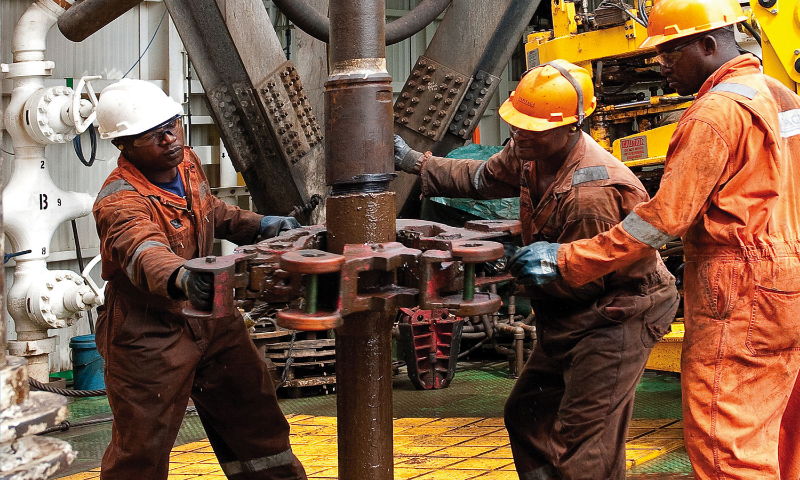
Africa continues to offer abundant opportunities to explore for hydrocarbons in a frontier market. This is demonstrated by the great and the good of the sector that turn up every November for Africa’s leading conference and exhibition – Africa Oil Week. Many of those were in London earlier this month and I took the opportunity to gain a sense of Africa’s position in the market as the sector’s prospects continue to rally.
New hydrocarbon provinces are popping up regularly; Mauritania and Senegal are good examples of countries where hydrocarbons have recently been discovered. However, the African oil and gas industry continues to play catch-up with the rest of the world.
But what if there is another way? What if African oil and gas companies could sidestep the competition by doing things differently? There are new technologies that can enable a profound transformation in the way operations and business are conducted in the industry.
Learning to leapfrog
“At PwC, we believe that African oil and gas companies should be ‘learning to leapfrog’,†Chris Bredenhann, Africa Oil and Gas Advisory Leader, at PwC said. “Challenges will persist, but given new technologies and ways of working, companies could learn to leap over them rather than going through them.
“Take for example the lack of infrastructure that plagues the industry in Africa. If there are no roads to get parts and equipment to remote work sites, why not utilize drones? Imagine when the need for a small replacement is produced by 3D printers and delivered to a drilling location via drone, reducing downtime to a fraction of what it would have been with traditional sourcing strategies.â€
Likewise, oil and gas organizations need to rethink the way they embrace change to their benefit. Industry leaders have often been accused of being laggards when it comes to technology adoption. On the surface, it comes as a surprise considering the level of innovation and new technology that has been developed by the industry to explore for and produce hydrocarbons.
But when it comes to the structure and functioning of the organization itself, more visionaries are needed in Africa to ensure that they don’t find themselves on the bottom of the hierarchy when it comes to the diffusion of innovations. (continued on page 2)
Check out our other current stories, we dare you…
- Oil price at 3 1/2 year high!
- Some companies are performing the best they have since 2011…
- Skill shortage but not at the rotary?


